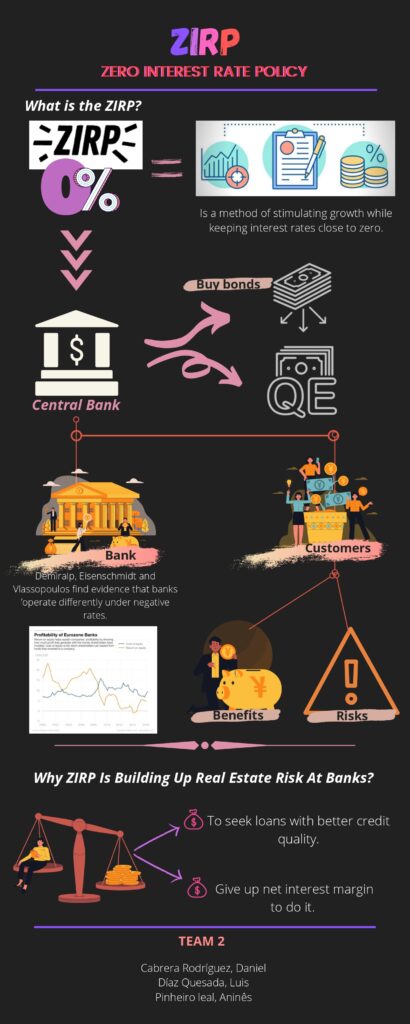LINK:https://www.esgtoday.com/clarity-ai-launches-methodology-to-build-sfdr-aligned-indexes-and-etfs/
Date: 05th of October 2023
Media: ESGtoday
What happened?
Clarity AI, a sustainability technology platform, recently launched a methodology to aid index and ETF providers in creating and promoting products compliant with the European Union’s Sustainable Finance Disclosure Regulation (SFDR). Clarity AI employs machine learning and big data to offer environmental and social insights, analyzing a vast dataset encompassing companies, funds, countries, and local governments. Their Sustainable Index and ETF methodology help providers align with the EU’s Sustainable Investment definition, allowing assessment against sustainability criteria and regulatory thresholds related to UN Sustainable Development Goals, EU Taxonomy, and SFDR Principle Adverse Impact indicators.
Whom and where it affects?
Clarity AI’s Sustainable Index and ETF methodology affects:
- Index and ETF Providers
- Exchange-Traded Funds
- Financial Market Participants
- Companies and Organizations
- Regulatory Bodies
- Consumers and General Public
What sort of public or private institutions are involved?
The EU and UN are involved and in addition, Clarity AI uses machine learning and big data to deliver environmental and social insights to investors, organizations, consumers, and governments. As of September 2023, the Clarity AI platform analyzes 70,000 companies, 430,000 funds, 201 countries and 199 local governments.
Why is it important for Banking and Finance?
The Clarity AI platform and methodology are crucial tools for the banking and finance sector because they enable institutions to comply with regulations, meet investor demands, manage risks, gain a competitive edge, and align with global sustainability trends. These factors are critical in the ever-changing landscape of responsible management.
What do you think will be the consequences in the foreseeable future?
The consequences of the Clarity AI platform and methodology in the future are uncertain but can be expected to include:
- Enhanced compliance with sustainability regulations, reducing regulatory risks.
- Increased attraction of investors seeking sustainable investment options.
- Improved risk management by considering environmental, social, and governance (ESG) factors.
- Potential competitive advantages for institutions offering sustainable financial products.
- Opportunities for global expansion as sustainability becomes more widespread.
- Encouragement of innovation in financial products and services.
- Positive environmental and social impacts, such as reduced carbon emissions and improved social equality.
These outcomes depend on factors like regulatory changes, investor preferences, and institutions’ commitment to sustainability principles.
Keywords
Clarity AI, Sustainable Finance Disclosure Regulation (SFDR), Sustainable Development Goals (SDGs), Exchange Traded Funds (ETF), Big Data, Innovation.





